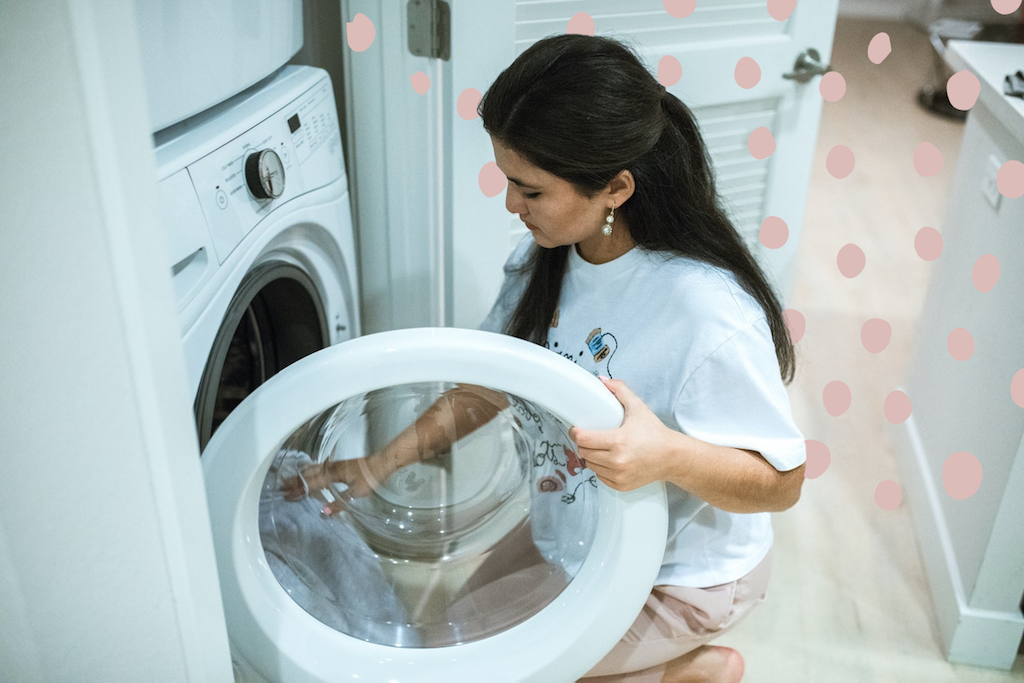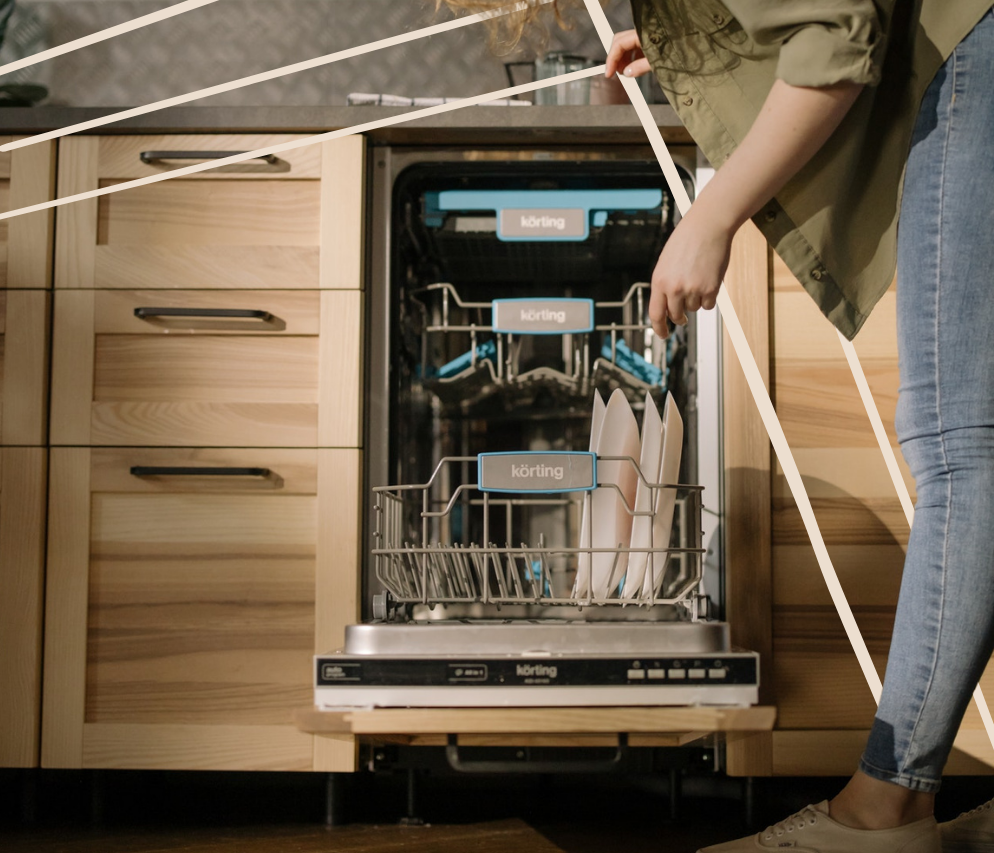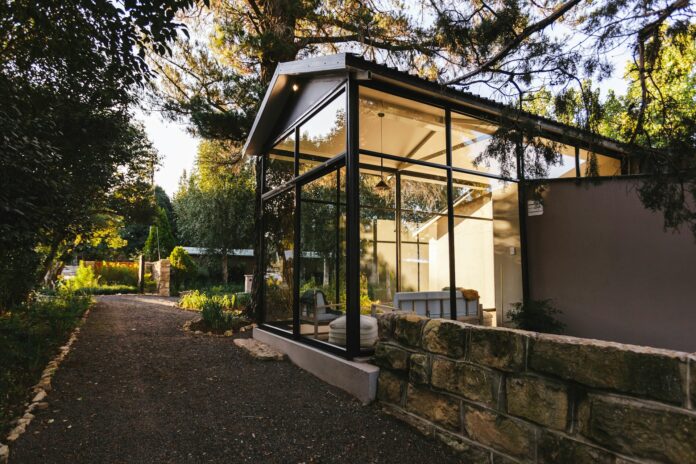If the recent warnings in the press are to be believed, the UK is in the midst of a cost of living crisis, and it’s only set to bite harder as 2023 progresses. Much of this has been brought on by soaring energy bills, exacerbated by government mismanagement and corporate greed.
Whilst it would be wrong to shift the burden onto the consumer and energy user to reduce costs, there are things that the individual can do to be more energy efficient at home moving forward. Doing so will not only save money, but also help you tread a little lighter in terms of your carbon footprint. Today, we’re considering the old H2O; here are 8 ways to save money on hot water.
Adjust Your Water Heater
If you have a gas water heater system, consider adjusting the thermostat to lower temperatures. In most instances, you open both the hot and cold taps in order to ensure your water is the desired temperature. By lowering the heating element’s temperature setting, you can ensure that your water heater isn’t working overtime to overheat the water, hence, lowering your energy bills.
Use A Smart Thermostat & Smart Water Meter
A smart thermostat knows when nobody is at home and adjusts the temperature to save on your energy bills. But that’s not all; if you also install a smart water meter alongside it, you’ll be able to see how and where water is being used in the home, identifying areas where you can be making savings and optimising your energy use.
Read: 5 modern and smart upgrades to improve your home
Consider An On-Demand Water Heater
Traditional water heaters use a large tank and will constantly heat the water inside of the tank to ensure adequate temperatures. However, you can save a great deal of money by switching to an on-demand or tankless water heater unit. Doing so means that water is only heated when you turn the taps on, and that means less wasted energy.
Wash Clothes In Cold Water
Your laundry is another aspect of your life that may waste energy. Make sure you set your washing machine to run on cold water versus hot. Doing so won’t harm your clothes, but you can save a significant amount of money by making this simple switch.
Using pre-measured laundry detergent sheets, whose low-sudsing formula works perfectly in cold water temperatures and high-efficiency (HE) washing machines, is a smart move, too, both efficient in terms of cost and environmental impact.
If you absolutely must use hot water, make sure you use the setting on your washing machine that is an exact match with the soil levels.

Choose Energy Efficient Appliances
It’s important that whenever you purchase new appliances that directly use water, you opt for energy efficient units with appropriate ratings. The government regulates these ratings, so if you see an Energy Star label on the unit, it lets you know that it runs more efficiently. This not only eliminates water waste, but ensures that you’re not wasting gas, either.
You can also check the European Union’s energy label for all white goods, including freezers, fridges, washing machines and dishwashers. Ranging from G to A and just like that school report you used to dread, the closer that rating is to the start of the alphabet, the better.
Insulate Your Water Pipes
Traditional water heaters often lose a significant amount of heat through their pipes as they haven’t been insulated. In fact, you can expect a 30% heat loss as your water supply travels through your plumbing. To mitigate this, you can reduce unnecessary waste and energy loss by insulating the pipes that directly connect to your water heater system.
Operate Dishwashers Efficiently
Dishwashers are notorious energy wasters, but fortunately, there are a few ways you can curb energy loss. First and foremost, only turn your dishwasher on for a cycle when it is completely full. Secondly, make sure that you choose the water saver setting or economy mode as it will use lower temperature water to wash your dishes and cutlery.
Read: 5 energy sucking home appliances

Cut Showers Short
We’ve all seen the recent reports about bath-time becoming increasingly unaffordable for many. The answer isn’t to simply eschew washing altogether; it’s showers, of course, and shorter ones at that.
Using less hot water during your showers and fixing any leaky faucets can help you maximize the energy in your home. Opt for shorter showers versus baths as they require less hot water. You can improve the output of your shower even more by choosing a water saver showerhead that helps prevent water waste.
The Bottom Line
As Leonardo Da Vinci once wrote, ‘’Water is the driving force of all nature’’. Wise words, indeed, and ones we should all keep in mind as we go about our daily lives. If you’re keen to save money on your home’s hot water use whilst also helping be kinder to the planet, then we hope you’ve found some inspiration above.





